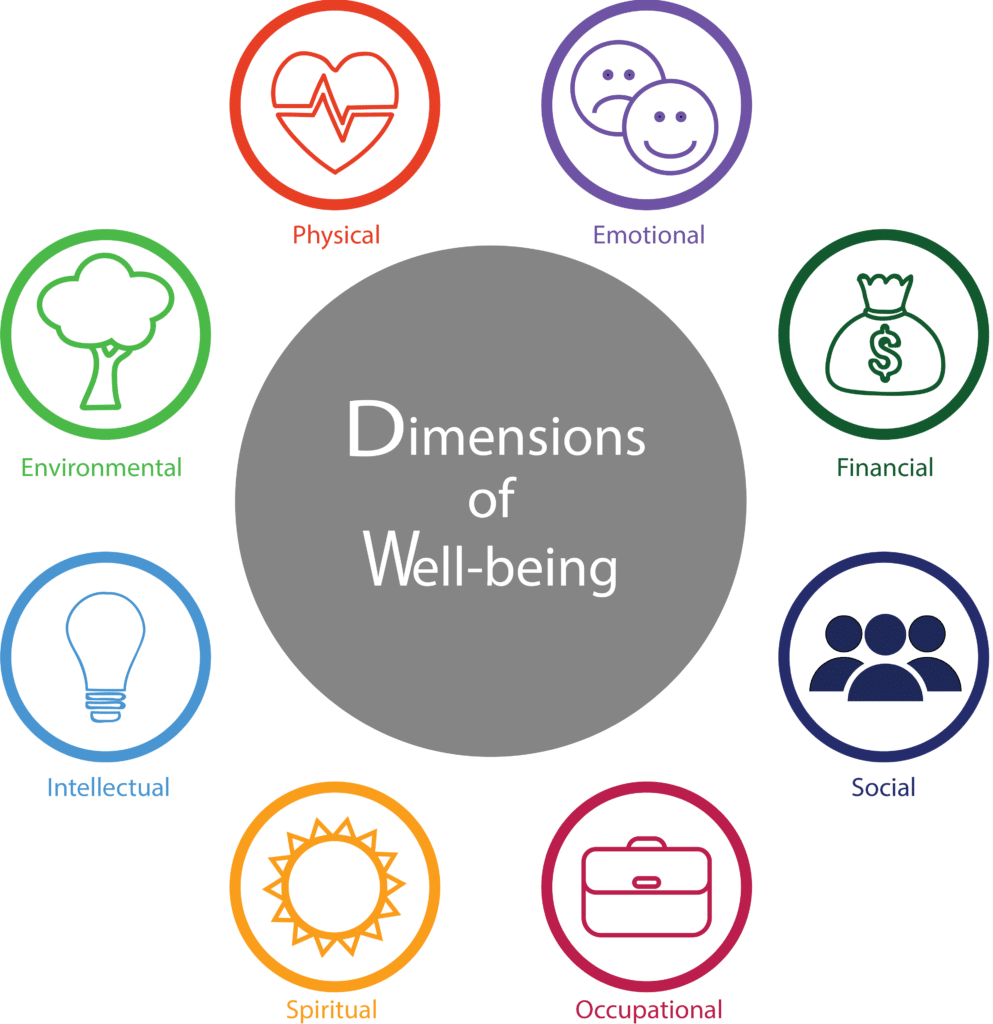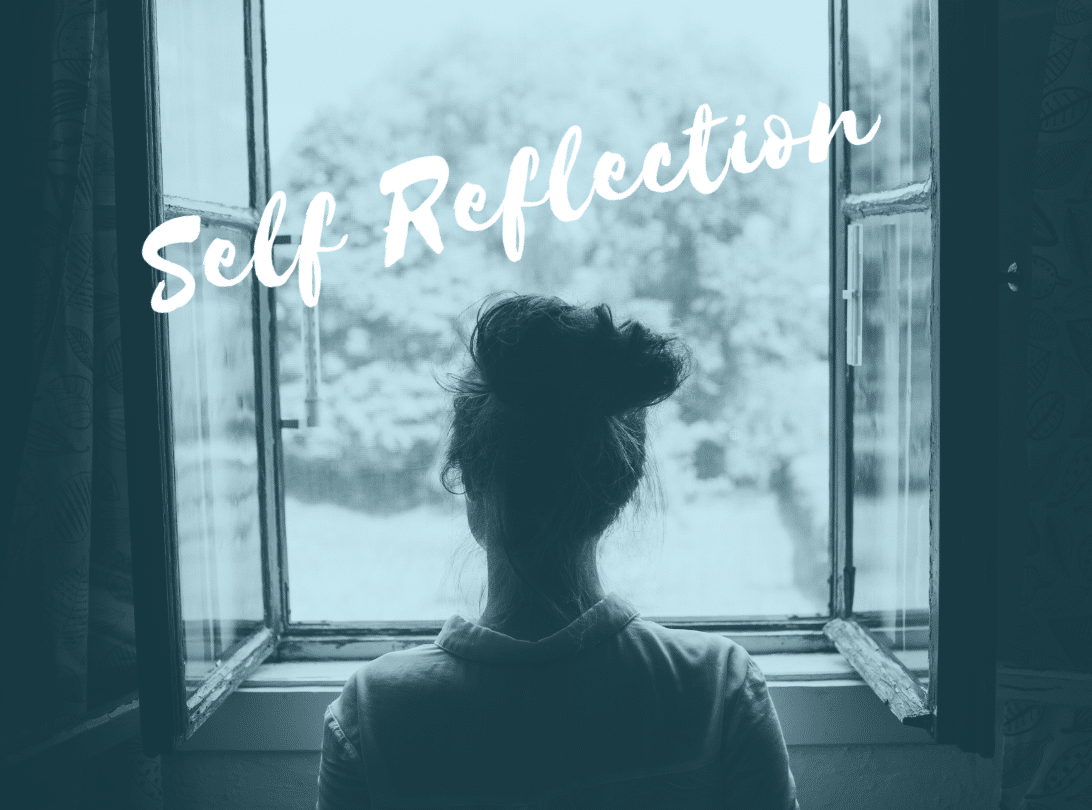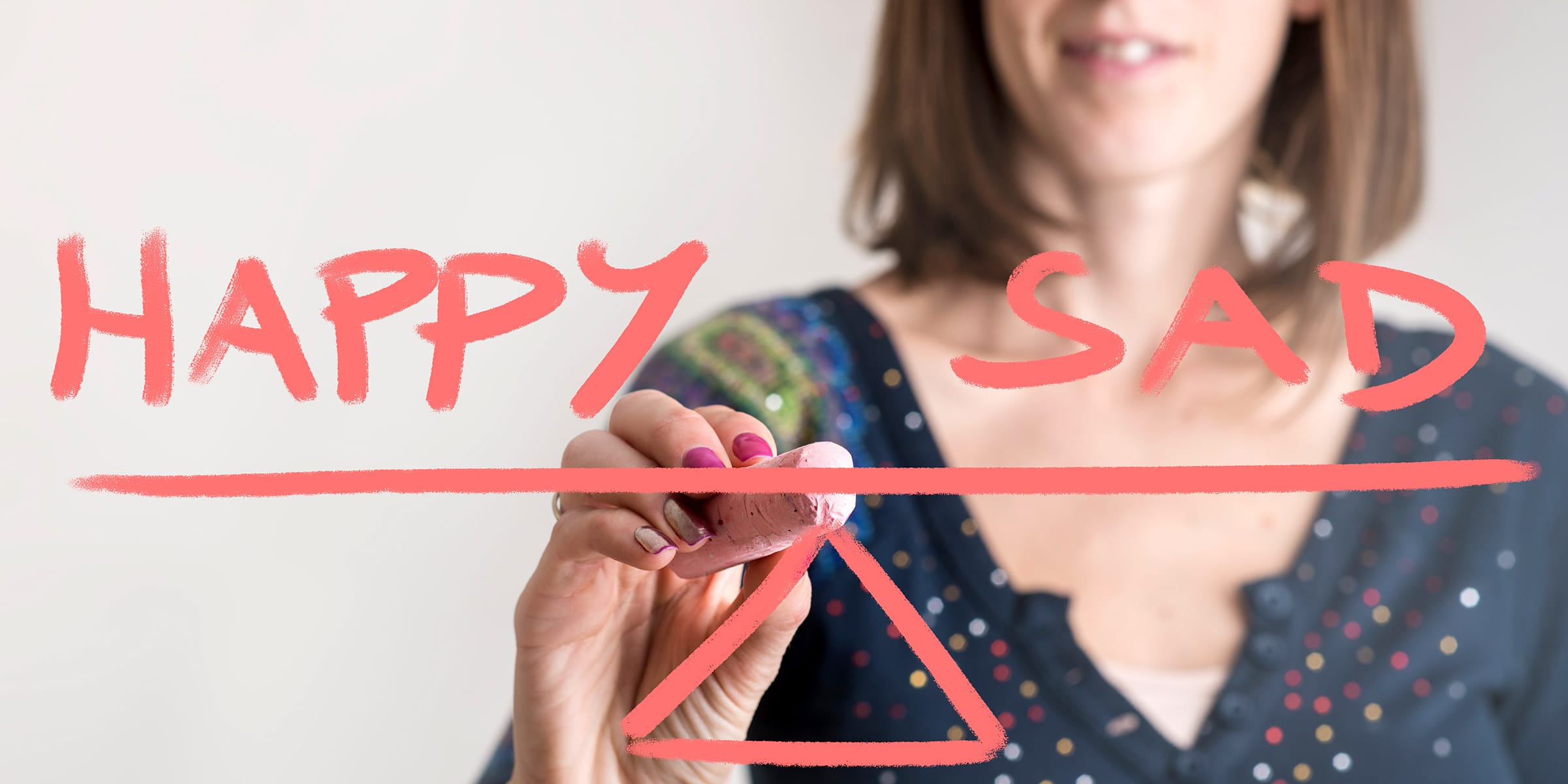Does anyone have a magic formula to stop feeling unfulfilled? How about the secret to personal success, happiness, and well-being? Of course not. So stop believing the lie. Past performance does not predict future performance, for you or anyone else. So if you’re in a rut, quit believing it’s forever. It’s the biggest lie. And you know what? It causes impairment of well-being.
People often assume that for anyone that has achieved some level of public success, that things are good all the time.
The reality is… that’s not how it works.
Life is a dance. Regardless who you are, where you live, and what your current circumstances are, it is always a dance. With so many tasks in our lives, challenges, and day to day sacrifices, finding a consistent balance isn’t just difficult.
Sometimes, it’s perfectly dreadful.
And while it can be difficult to know what is best for our own well-being, you owe it to yourself to try to figure it out.
In this article we’ll call a spade a spade. No gimmicks. No sleight of hand. We’ll talk about some of the hard facts that shape our lives, my top tips of successful well being, how to avoid feeling unfulfilled and the impairment of well-being that everyone is vulnerable to.
What is Well Being
If you’re asking someone else what is well being, that’s the first critical mistake. Because the answer is different for each person.
I can tell you what science says, but ultimately what is well being is up for you to decide. Allow me to explain.
According to Psychology Today, well being is about experience. It’s a feeling of health, happiness, and prosperity. It includes having good mental health, high life satisfaction, a sense of meaning or purpose, and ability to manage stress.
That’s all correct. But here’s what’s missing.
Well-being is not just the experience.
Impairment of Well-Being

It’s all about perception.
How we perceive something is powerful. It’s why people can have what many would consider amazing life circumstances, yet still suffer from depression. Studies have shown two people can experience the exact same situation but interpret it differently. That’s powerful information.
Let me emphasize that.
The same situation can be interpreted completely opposite by different people. What gives?
Well I don’t know why we’re wired that way, but here’s what I can tell you. Overcoming impairment of well-being is about living life on your own terms. It’s about having the purpose, the health, and the life circumstances that uniquely fulfill only you.
You can’t hire a lion for a pony ride. It doesn’t work.
The same goes for humans. Our reality needs to match our identity.
In other words, what we believe of ourselves is critical. In fact, who we believe we are is more powerful than any situation we find ourselves in. Our present circumstances are transient. A great day can turn into a bad week. And vice versa. Things happen. But our identity is constant.
Whenever we have a disconnect between our present reality and our identity, that’s when we’re challenged. It creates frustration. And ultimately, there’s an impairment of well-being. And guess what? The more permanent that disconnect seems… the more unhappy we feel.
That’s what creates impairment of well-being.
The Concept of Subjective Well-being
If you look at the research, you will find there’s the concept of subjective well-being. Science shows us a couple of theories about well being. I’ll touch on them here. But remember, when it comes to matters of the heart and soul, science only takes us so far.
The concept of subjective well-being is based on the concept of self-reflection. That shouldn’t be too surprising right? Essentially, how we score our well being is subjective. When a psychologist wants to evaluate a patient, what do you think they do?
They encourage self-reflection. That’s where you’ll find all the answers you need. Maybe not today or tomorrow, but eventually.
A psychologist’s goal of the self-reflection is to gather an understanding of a person’s current quality of life. And the most common questionnaire gauges only three areas of their life: 1) How often is a person having positive feelings 2) How often is a person having negative feelings 3) And what is the overall life satisfaction of this person.
Three questions and three answers. That’s all you need to know to check in on your subjective well-being once in a while.
The Importance of Checking In: Why subjective well-being is your Superpower or Worst Enemy

Other than stating the obvious, why is subjective well-being important?
Because studies show mental health affects physical health.
And you want evidence? Oh trust me, there’s evidence. If you look at the studies, here’s what they show: Good health aligns with greater happiness. And that’s not all. Studies show an optimistic outlook can have a beneficial effects on the longevity of our health. People who avoid the impairment of well-being are not only better mentally but also physically.
How about that for subjective well-being? It’s not just about how we are. It’s also about how we feel we are.
But so what? I know what you’re thinking. Sometimes life sucks. We’re in a relationship we hate, a job we can’t stand, the bills are piling up, and we suffered a loss of a loved one. Trust me, I get it. At times, life will hit you over the head with a brick.
You feel stuck. But can we really change how we feel?
It turns out we can.
Psychologists who study subjective well-being tell us how. They break it down into two factors.
There are top-down factors. Essentially how we each perceive events is dictated by intrinsic features of our personalities. It’s engrained. Just like the setpoint on a thermostat. But here’s where it gets interesting. Scientists studied identical twins and found some interesting findings. Studies of twins confirm the notion of personality set point, however, the studies also show that our experiences over a lifetime matter.
Our experiences create changes in our perception.
And therefore, there are bottom-up factors. I call this the psychological bank account. Our subjective well-being is an accumulation of both happy and negative experiences. Daily events with positive experiences lead to positive well-being, and negative experiences lead to negative well-being. Go figure, right? It’s not rocket science.
But what good is that? What if you’re having numerous bad days. How are you supposed to improve your subjective well-being?
Well that my friend is the missing piece. The worst thing is to be caught in the middle. If you’re not having prosperity, the next best thing is adversity. And I don’t mean prosperity in the financial sense per se. I mean it in the emotional sense. Because its better to know you need to change something than to stick around for a few more years of mediocrity.
When you’re having too many bad days in a row, it’s simply a signal you need to change something.
But Change is a Scary Word: How to Handle Anxiety in Making Change
For a moment I want you to think of your dog, or if you don’t have one, a dog you know. You put their leash on and bring them to the car. All the while they’re racing to the car, wagging their tail. They’re excited. Maybe they’re going to the park they love, or better yet, maybe the lake they love to splash in. You know the scene. It’s a beautiful thing to watch that innocent excitement.
This is how we all feel when we feel safe, secure, and hopeful.
But have you ever seen a dog when they realize they’re going to the vet? If you haven’t you can see an example below. As you pull up to the vet, suddenly that same dog is panicked.
And that’s the problem humans face too. It’s the same situation, except even worse. A single event can either be exciting or create panic. Yet it’s all based on a little tidbit of information that changes our perception of the same environment.
You’ve heard of the concept of ignorance is bliss? I find it fascinating. As humans, we sometimes gloss over significant risk without much thought, and sometimes we scrutinize insignificant details to the point of making ourselves sick. It forfeits our own well-being. Why do we do that?
I don’t know for sure, but I can tell you it has to do with perception. It comes down to seeing things the way they are.
No more, no less.
If you can harness the power of perception, I guarantee you’ll be able to make better decisions and create positive change for your own well-being.
Feeling Unfulfilled: How to Go From Rut to Strut

A big part of the impairment of well-being is a temporary phase which seems like an eternity. Do you know what that’s called?
It’s called a rut.
And as we talked about in the previous section, do you know the #1 emotion we feel when trying to break out of a rut?
Anxiety.
When you’re feeling unfulfilled, it creates anxiety. If you’re waking up in the middle of the night just to think, it’s a sign of a rut. You know something needs to change. But sometimes you don’t know what the right next move is. Or maybe you do but the thought of making that change creates anxiety. It’s decision paralysis.
But here’s the problem with anxiety. There are a million things we can be anxious about. Yet we often all pick the wrong ones to worry about. We pick things that are most familiar to us at the moment, regardless of how short-sighted or superficial they are.
And anxiety becomes a total distraction. That’s the problem.
So how do you pick the right things to address? Here’s my advice to you. The details will be different, but regardless the situation, there is always one constant.
You.
If you will change, everything will change for you.
Feeling Unfulfilled is an Invitation Invest…. in yourself
Don’t wish it were easier, wish you were better.
Life’s going to have highs, lows, and at times… turn you upside down. It happens to everyone. At any given moment, we must balance love, loss, career, health, dependency, and a million other arenas in our lives.
Feeling unfulfilled occasionally is normal. Because nothing will be perfect all the time.
So allow yourself to feel the emotions along the way. But with the understanding that eventually things will even out if you allow them to. Your present isn’t your forever.
I have found that people greatly overestimate what they can accomplish in a year, and underestimate what they can achieve in a lifetime.
It’s what social psychologists call a confirmation bias. We can more tangibly set goals with the anticipation of rewards in the short term. It’s easy for us to imagine good fortune when working hard in the short term. But we also have a difficult time imagining the challenges and setbacks which might be right around the corner.
I use the example of Apple because people know the company and most get the concept. Apple was started in a garage in 1975. And like most people starting a company, they struggled early on. There were numerous setbacks and both founders sold their most prized processions to fund the early start-up.
At the start, they were broke. And you know what? Two years later they were still working out of that garage. Still broke. It probably seemed like forever. But they had a vision and they kept at it. Eventually, they had a major breakthrough.
And now 45 years later those humble beginnings produced the largest tech company in the world. Do you think they could have imagined the developments that stacked over the years? Probably not, but it happened.
Eventually.
I used a business example, but the same concept applies to your relationships, healing, career, love, and loss. When you’re in a challenge, it feels like forever.
So how do you overcome feeling unfulfilled and achieve all that you desire?
Invest in time for self-reflection.
The situations around you are not permanent, even if they seem they are. Your environment can change with time for better and for worse. And you are the primary driver of your future environment. Set goals to position yourself into the environment you want. Consider your career, your relationships, your family, etc.
I’m Not Supposed To Be Writing Articles Like This
Do you know how many times people have told me I wasn’t good enough?
A lot.
But you know what, if I had listened to other people I’d still be working at a gas station somewhere.
The hard fact is that people try to put people into categories. We all size each other up. We think if we know one fact about a person, that means they must be a particular way. It’s like we think our present circumstances knight us for success or doom us for failure. That logic doesn’t work. And over the course of my life that point has certainly been proven.
Some of what I thought were my biggest weaknesses, things that I buried deep inside, over time became my biggest strengths.
Because it made me relatable.
You see, my life has been a tale of two identities. Actually, numerous identities. And I hope yours will be too.
I’ve had times in my youth when I was severely obese and there were times that same person became a top-ranked track runner.
At times during my schooling, I was as insolvent as you can be in modern America, pumping gas for $4.25 an hour to make ends meet. And yes that was the lowest wage you could make in the country at that time, but over a decade later that same person became one of the most successful professionals in the country.
I’ve grown up in an abusive home and also a happy one.
And I’ve had relationships that ended in devastating heartache, and also an incredible marriage and family.
Things happen, but instead of running from them, we should use them for strength and motivation. Because things change when we work for change. And when they do change, so does our perspective.
Forget About Impairment of Well-being and Stop Feeling Unfulfilled Today
Look. There’s no magic formula to success or secret held from you. Everything you need to stop feeling unfulfilled you have already. If you want to have more than you’ve got, you’ve got to be more than you are.
But the hard fact is, you’ve got to do it for yourself.
The best way to break through when you feel unfulfilled is by setting goals. But as you know anyone who’s ever had a New Year’s resolution can set goals. Setting goals and achieving them are on completely different ends of the spectrum. However, I believe it all comes down to mastering one key concept.
Eliminate the distractions.
If you consistently eliminate your distractions, you’ll be able to focus on what you truly want for yourself, your family, and your career. That’s how you overcome an impairment of well-being, stop feeling unfulfilled, and live life on your own terms.
Just know that things often take much longer than we hope. That’s normal. Don’t get discouraged.
Plant seeds today and don’t be afraid to sow them slowly. What you do today might seem insignificant but you might just be surprised where it takes you. Thats how you start. It may start by feeling unfulfilled today but it stops with not feeling unfulfilled in the future. And that all is within your control.


